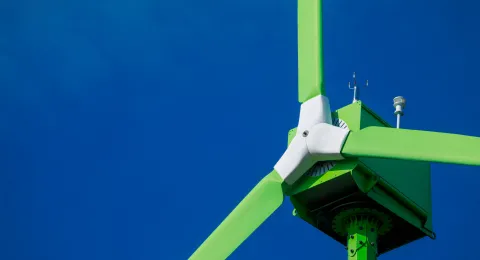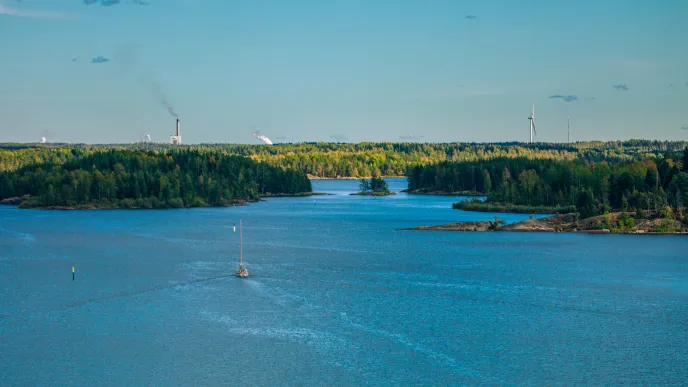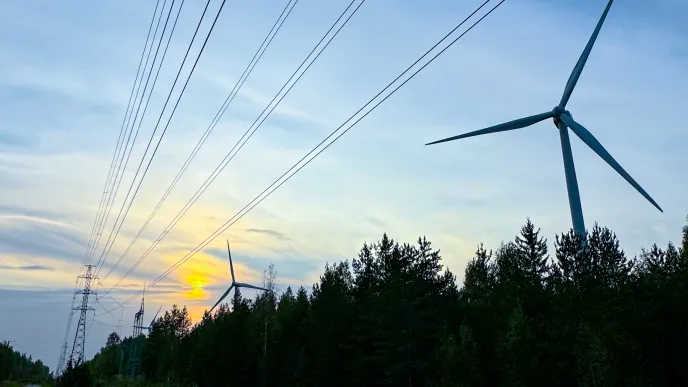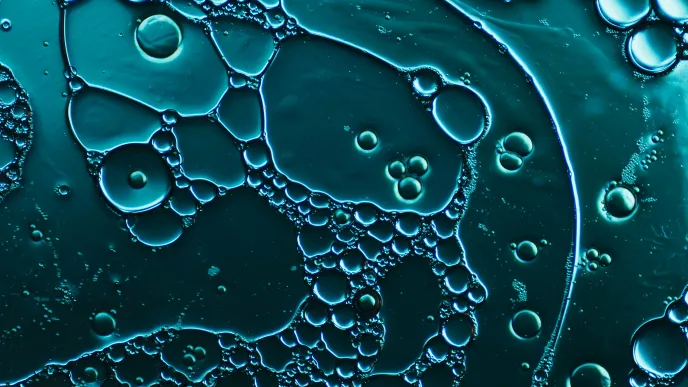Doctoral candidate Lauri Järvinen from LUT University has investigated the controllability and performance of alkaline water electrolyzers in the production of green hydrogen. The results of Järvinen’s research indicate that modern rectifier topologies could significantly reduce losses and thereby improve the competitiveness of green hydrogen against fossil hydrogen.
The outcomes of the research can help accelerate the green transition and reduce greenhouse gas emissions from the process industry and heavy transportation. Halting global warming by reducing emissions is essential in curbing climate change and its harmful effects.
Price per kilo could drop to three euros
Water electrolyzers split water molecules into hydrogen and oxygen by using an electrical DC current. Despite being a proven technology, water electrolysis currently accounts for only 0.1% of hydrogen production. The main reason for this is the price: green hydrogen produced with water electrolysis costs about 4–8 euros per kilogram, whereas fossil hydrogen from natural gas costs only 1–2 euros per kilogram.
Järvinen investigated the effects of rectifier-induced ripple in the electrolyzer supply current, leading to dynamic operation. The research findings enable improving the controllability and performance of the supply current in order to minimize losses caused by the dynamic operation of the electrolyzer.
“The simulations by our research team showed that the price of hydrogen can be maintained at three euros per kilogram in a production plant powered entirely by renewable energy sources, with electricity supply to the electrolyzer coming only from solar and wind power,” Järvinen says.
The lower the electricity price is, the more competitive the water electrolysis technology is. Renewable energy sources enable electricity production at a very low cost. The expense also depends on the price of the electrolyzer.

Emission reductions a must for industry and society
Research into electrolyzer technology usually focuses on chemistry, but at LUT University, the focus is on the electrical performance of the electrolyzers and on external components such as the power supply.
“Our strong competence in electrical systems has enabled novel research that is crucial in achieving carbon neutrality in sectors where direct electrification is unlikely, such as the chemical industry, aviation, and maritime transport,” Järvinen says.
”Several large companies in the energy sector are interested in the production of green hydrogen in the future. Investing in water electrolysis may become a more attractive next step for these companies on their path towards carbon neutrality, but I also see plenty of opportunities for new players.”
The scalability of the technology is not an issue; electrolyzers are already being used in hydrogen production plants with capacities of several hundred megawatts worldwide.
Green hydrogen can power numerous end-use applications
Various studies by LUT have proven that Finland has excellent opportunities to increase the production of renewable energy and green hydrogen. However, new infrastructure is also required – in practice, a pipeline to deliver hydrogen to factories that use it.
One of the sectors most in need of emission reductions is the steel industry, where hydrogen could be used to convert iron ore into clean steel. Power-to-X (PtX) technologies utilize hydrogen to produce synthetic value-added products such as e-fuels, including e-methanol and sustainable aviation fuels (SAF).
Additionally, hydrogen or chemical compounds based on it can be employed to store excess electricity in a chemical form, securing consistent, low-cost electricity supply in any weather conditions. That will enable industrial plants to increase their flexibility in a changing business environment marked by growing electrification.
More information

Lauri Järvinen will defend his dissertation on LUT University’s Lappeenranta campus on Friday 10 January 2025 at noon. Follow the event remotely





